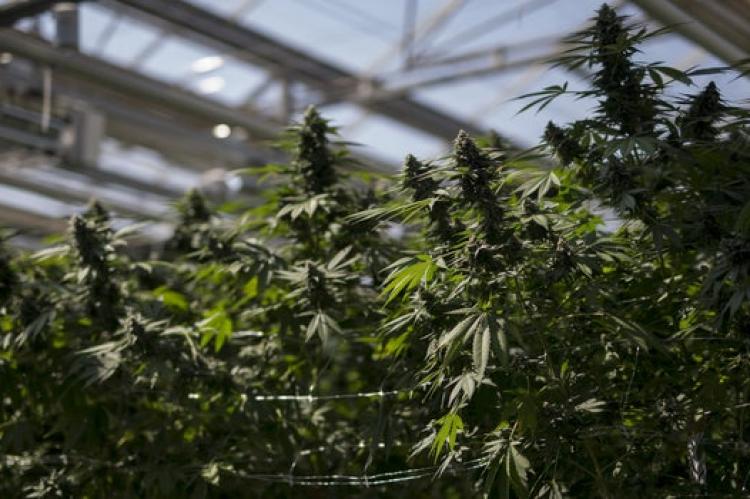5 Reasons You Need To Automate Your Cannabis Business Right Now
There has never been a more crucial time to automate your cannabis operation. With the COVID-19 crisis settling in for the long haul, businesses are starting to think about how to increase efficiency and profit, while operating a facility safely and comfortably for workers and managers.
As the cannabis sector becomes more competitive, the margins get tighter, and the manufacturing and production environment encounter new challenges, businesses must embrace automation to survive.
Need convincing? Here are the top five reasons to automate your cannabis business now.
1. Automation increases production.
By automating harvesting and post-harvesting processes, you save employee hours, increase production, and maintain quality. If you can’t scale at the right time, operating overhead can be crippling. Businesses can’t just hit the pause button on growth—even amid the COVID-19 crisis. Many companies have leveraged heavily. They have operating and infrastructure costs to manage and already had expansion plans prior to the crisis.
Investment capital can also be more difficult to secure under the current circumstances. This leaves many companies in a lurch about their expansion plans. When market conditions are tight, bigger companies tend to thrive because they are more readily able to compete taking over the market share previously occupied by smaller enterprises. Automation allows for an increase in efficiency that can lead to an edge in this highly competitive market. If you can’t scale at the right time or up your productivity by reducing your processing time, you can’t compete.
2. Automation allows you to control quality.
How do you get top dollar at the point of sale and achieve customer loyalty? Your final product has to be consistent, the overall look of the flower must be high quality, and you need to maintain the integrity of the terpenes. Producers can be confident that by employing automation on either a portion of their production line or on their entire process, they are getting the same result every time they move raw material through a particular machine. They are standardizing product control in the same way most other consumer goods manufacturers would expect. This kind of precision in production is now taking hold in earnest in the cannabis space and will become essential moving forward to stay competitive.
Related: How Technology Will Keep Cannabis Afloat During The Pandemic
3. Automation means managing a smaller staff.
Automation allows businesses to retain a small, highly-trained workforce for the long term. This is less expensive, saves time on employee turnover and training, and is less time consuming for production facility managers to oversee. It's expensive and time-consuming to onboard new seasonal employees. Automation minimizes, or in some cases completely eliminates the need for this —a huge advantage.
When fewer workers touch the product, it reduces the risk of contamination. High-grade stainless steel equipment that’s easily cleanable and sterilized effectively makes a big difference in safe product handling. Financial losses caused by human error are especially hard for small and mid-level producers to absorb. But automation minimizes this risk—a good thing in an industry beset with price changes, regulation changes, competition, and other economic factors. Being able to control your product handling at least puts you in charge of the one thing you can control.
4. Automation leads to good decisions
The advent of automation has also led to the availability of real-time data. The technology is getting smarter, as information can now be collected along the automation chain in real-time. Being able to track exact weights and gather strain-specific data can help you divert raw material with a higher value to a specific production stream. For example, mechanized sorting allows you to easily identify which raw material is too small to go into a top-shelf product so that it can then be funneled directly to extraction. In this way, you avoid losing waste products from front-of-stream processing that is still valuable. Tracking efficiency and profitability at each step in production is still a relatively new concept, but one that’s essential for moving into the future.
5. Automation improves workplace safety.
By employing automation at your production facility, you can create space between employees to facilitate social distancing and workplace safety. With the option to have conveyors move product from one station to another, you no longer need to have employees in close proximity working side by side. This helps ensure that your workers feel safe and that they can focus on the task at hand. Automation ultimately creates a healthy workplace culture where the staff knows that their health and safety are valued. The new landscape of automated and socially distanced production facilities will be with us for some time to come. It will likely have staying power once the pandemic comes to an end due to the many benefits.
- Log in to post comments

